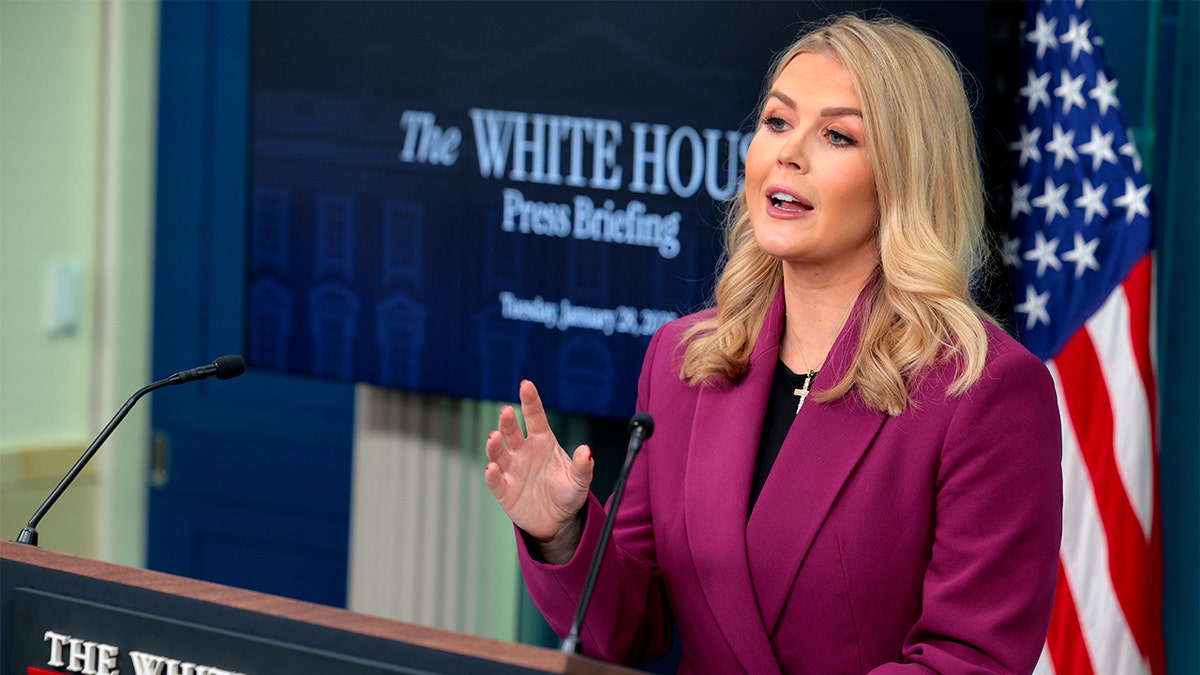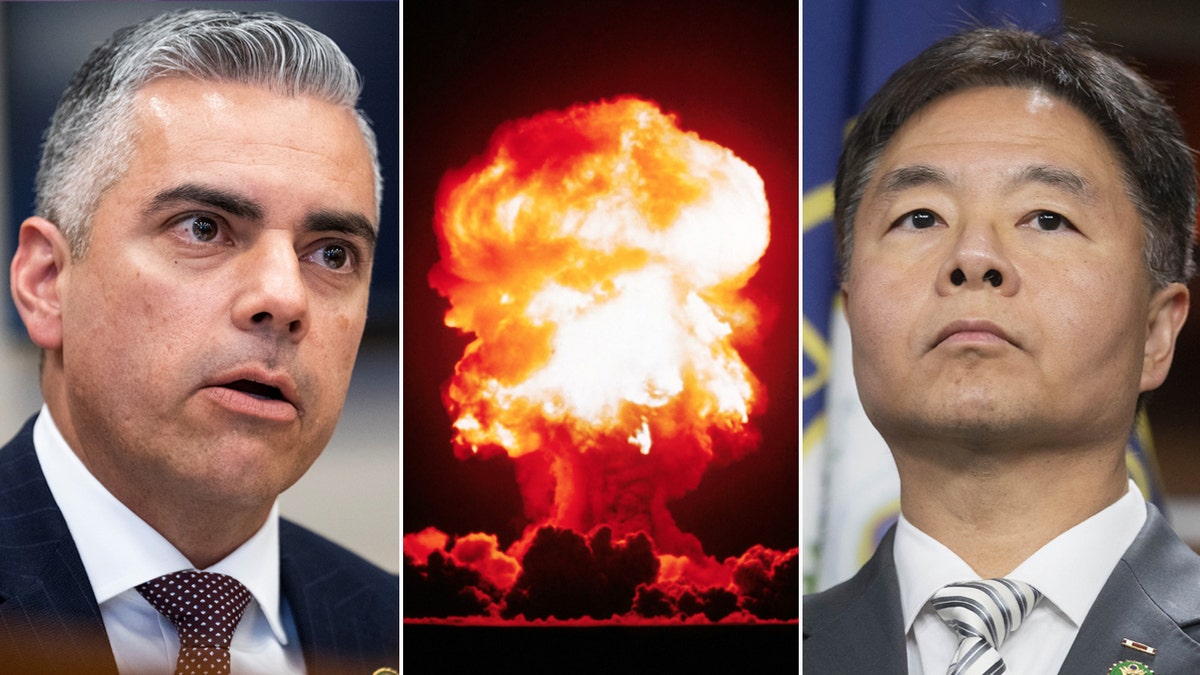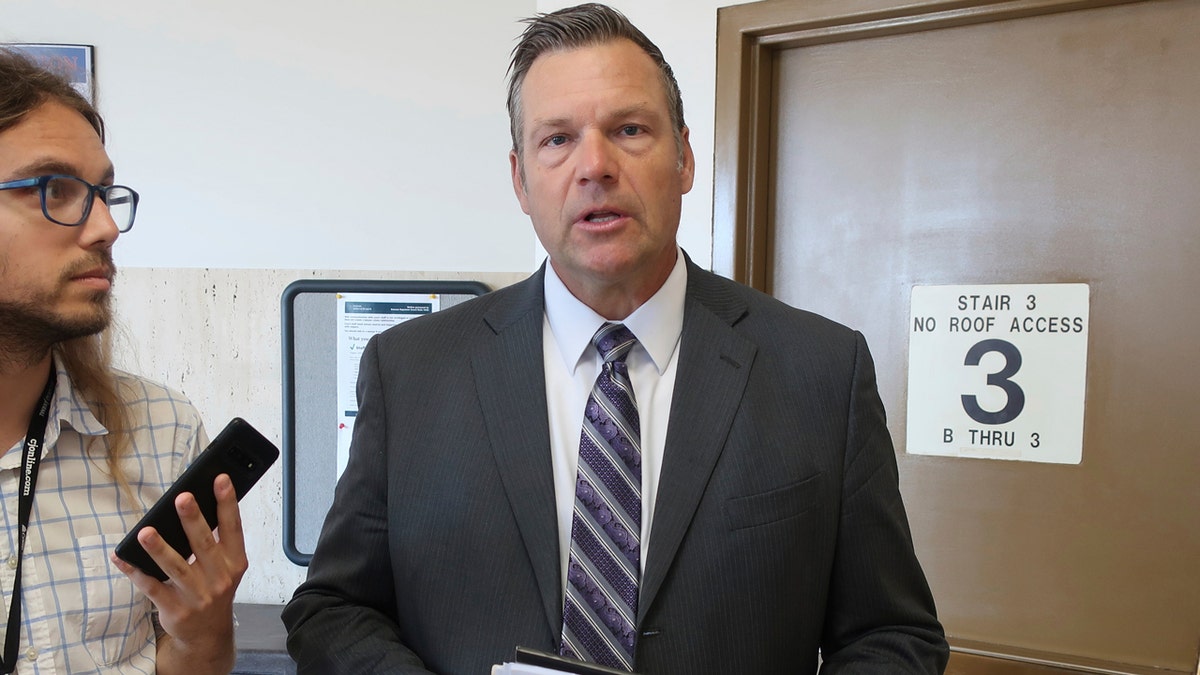Despite rescinding an Office of Management and Budget (OMB) memo that initiated a freeze on federal grants and loans for certain programs, the White House has reaffirmed its dedication to halting funding for initiatives it deems "woke." The rescission followed a federal judge's temporary block of the memo, which aimed to curb spending on programs related to diversity, equity, and inclusion (DEI), gender ideology, and the Green New Deal, among others.
White House Press Secretary Karoline Leavitt clarified that the memo's withdrawal was intended to address confusion arising from the court ruling and media coverage. She emphasized that President Trump's executive orders concerning spending reviews remain in effect and will be strictly enforced across government agencies. The rescission is expected to conclude the legal challenge and enable the administration to concentrate on implementing the President's fiscal directives.

Leavitt indicated that further executive actions are anticipated to address perceived wasteful spending. The original memo, distributed to federal agencies, had mandated a temporary halt to activities involving the allocation or disbursement of federal financial assistance related to the targeted programs. This pause was scheduled to commence on a Tuesday afternoon.
The administration's move drew criticism from Democrats, who contended that it bypassed Congress and violated the Impoundment Control Act by withholding appropriated funds. Leavitt underscored that programs directly benefiting individuals, such as Social Security, Medicare, food stamps, and welfare, would remain unaffected. She described the freeze as a temporary measure consistent with previous administrative actions, such as regulatory and hiring freezes, aimed at ensuring responsible use of taxpayer dollars.

Leavitt highlighted examples of what the administration considers wasteful spending, citing $37 million designated for the World Health Organization and $50 million intended for "condoms in Gaza," identified by the newly established Department of Government Efficiency. These instances, she argued, demonstrate the need for stricter oversight of federal spending.







